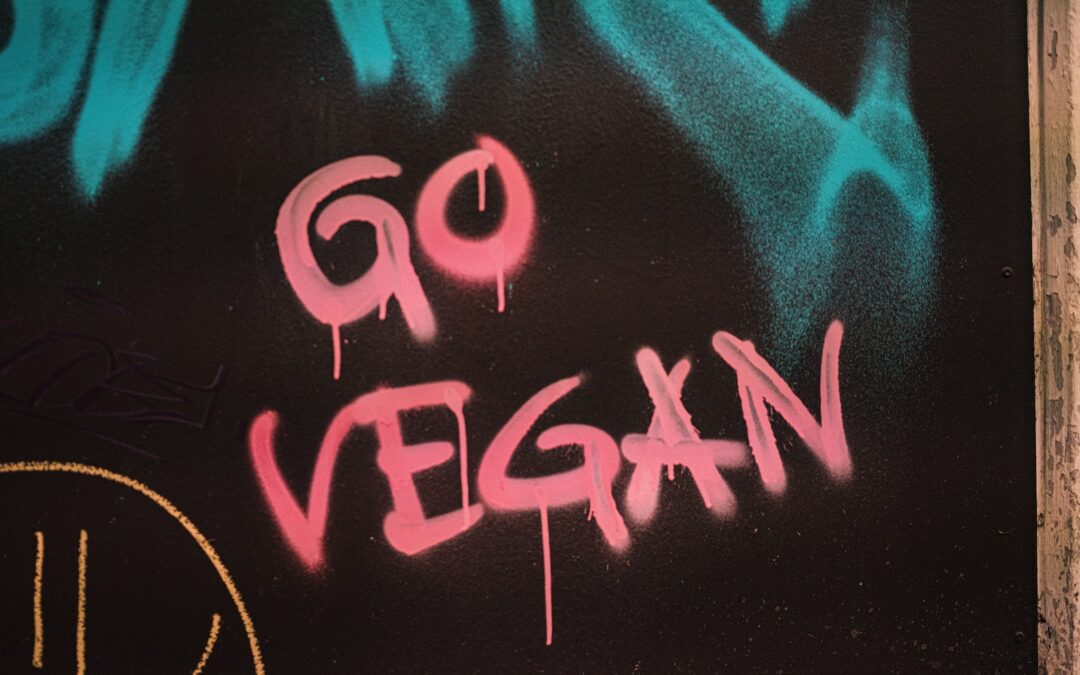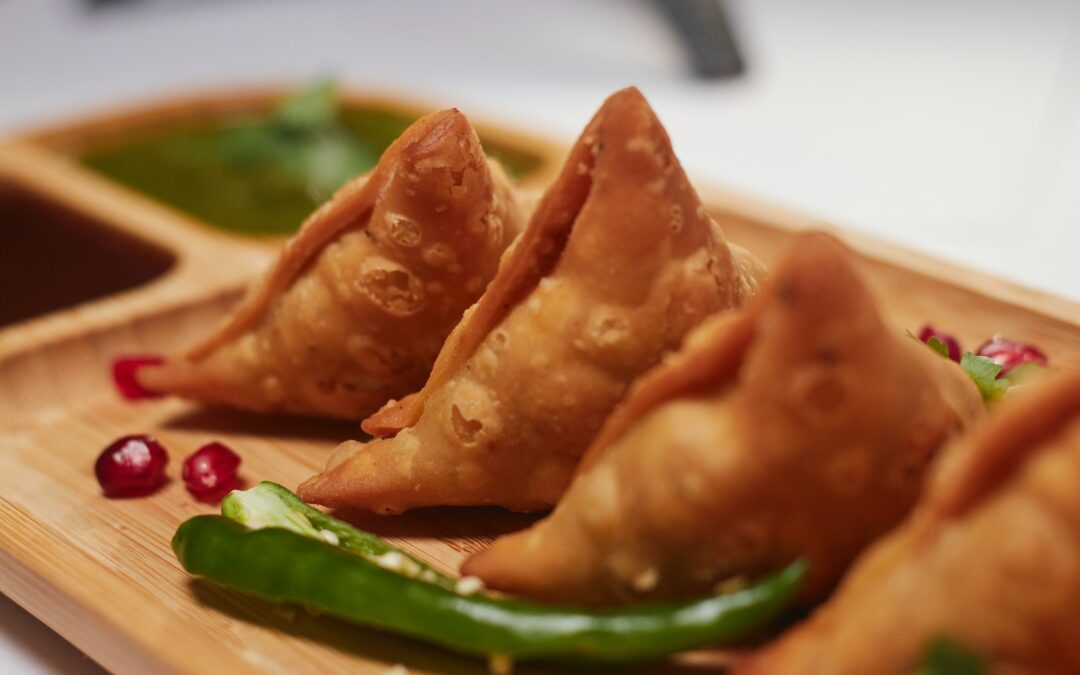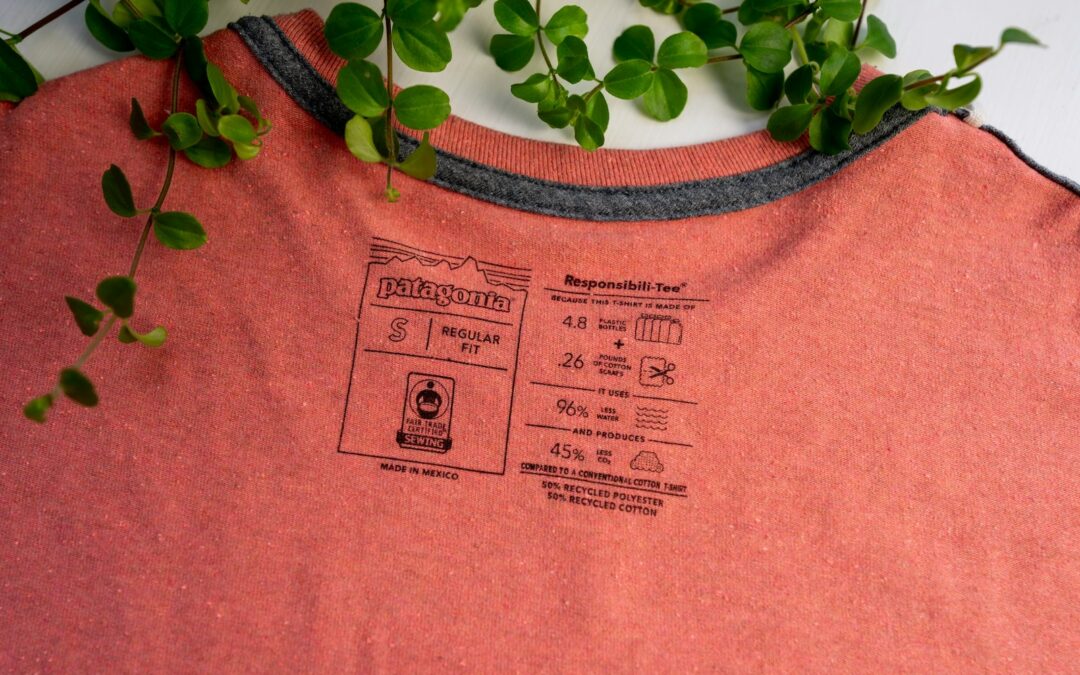
Texas is renowned for its wineries, and with good reason. The state boasts more than 400 wineries, producing a wide variety of wines that are enjoyed by people all over the world. However, for vegans, finding a winery that caters to their dietary restrictions can be a challenge. Luckily, there are now several Lone Star wineries that offer delicious vegan wines made from locally grown grapes.
These wineries have recognized the growing demand for vegan options and have risen to the challenge by creating wines that are free from animal products. This means that vegans can now enjoy a glass of wine without worrying about whether it contains any animal-derived ingredients. From crisp whites to full-bodied reds, there is a vegan wine to suit every taste preference. Some of the most popular vegan wines include those made from grapes such as Cabernet Sauvignon, Merlot, and Chardonnay.
Whether you’re a vegan or simply looking for a new winery to explore, there are Texas wineries with great vegan-friendly options. Not only do they offer delicious wines, but they also support local farmers and contribute to the state’s thriving wine industry. So, if you’re in Texas and looking for a unique wine-tasting experience, be sure to add a visit to one of these wineries to your itinerary.
Understanding Vegan Wines
Defining Vegan Wines
Vegan wines are wines that are free from any animal products or byproducts used in the winemaking process. This means that no animal-derived fining agents were used to clarify or stabilize the wine. Vegan wines are suitable for vegans, vegetarians, and anyone who wants to avoid animal products in their wine.
Fining Process
Fining is a winemaking process that helps clarify the wine by removing unwanted particles such as grape skins, seeds, and stems. It involves adding a fining agent to the wine that binds with these particles and settles to the bottom of the tank. The clear wine is then siphoned off the top.
Common Non-Vegan Fining Agents
Traditionally, many winemakers have used animal-derived fining agents such as isinglass (fish bladder), gelatin, egg whites, and casein (milk protein) to clarify their wines. These fining agents are not vegan and can make wines unsuitable for vegetarians or vegans.
Vegan Fining Alternatives
Fortunately, there are many vegan alternatives to animal-based fining agents. Bentonite, a type of clay, is a popular vegan fining agent that is used to remove unwanted particles from wine. Activated charcoal, silica gel, and plant-based proteins such as pea protein are also used as vegan fining agents. These alternatives are just as effective as animal-based fining agents and do not affect the taste or quality of the wine.
In summary, vegan wines are wines that are free from animal products or byproducts used in the winemaking process. Fining agents such as isinglass, gelatin, egg whites, and casein are commonly used in winemaking but are not vegan. Vegan alternatives such as bentonite, activated charcoal, silica gel, and plant-based proteins are just as effective and do not affect the taste or quality of the wine.
Vegan Winemaking in Texas
Texas is well-known for its wine industry, and in recent years, it has become a hub for vegan winemaking. Many wineries in Texas have started producing vegan-friendly wines, and Lone Star Vegan Wineries are leading the way.
Wineries with Vegan-Friendly Wines
Becker Vineyards in Fredericksburg, TX, is one of the most popular wineries in Texas. They have a great selection of vegan-friendly wines, including reds and whites, that are sure to please your taste buds. Their wines are of high quality, and the aromas and vintages are sure to impress any wine enthusiast.
Another great vegan-friendly winery in Texas is Lost Oak Winery. They have an extensive selection of vegan-friendly wines that are sure to satisfy even the most discerning wine drinkers. Their wines are of high quality, and they have a great wine club that you can join to get access to exclusive wines.
In conclusion, Texas is a great place to find vegan-friendly wines. Lone Star wineries are leading the way in vegan winemaking, and they have a great selection of wines that are sure to please any wine enthusiast. So, cheers to great wine and great taste!
Pairing Vegan Wines
Pairing vegan wines with food can be a delightful experience for both vegans and non-vegans. Vegan wines are made without using any animal products such as egg whites, gelatin, or fish bladder. These wines are perfect for pairing with vegan food and can be enjoyed by everyone.
When it comes to pairing vegan wines, it is essential to consider the flavors of the wine and the food. The pairing should complement each other and not overpower one another. Here are some tips for pairing vegan wines with food:
- Vegan Pizza: For vegan pizza, a light-bodied red wine such as Pinot Noir or Chianti works best. These wines have a fruity flavor that compliments the tomato sauce and the toppings.
- Mushroom Risotto: A full-bodied white wine such as Chardonnay or Viognier pairs well with mushroom risotto. The buttery and creamy texture of the wine complements the richness of the risotto.
- Vegan Sandwich: For a vegan sandwich, a crisp and refreshing white wine such as Sauvignon Blanc or Pinot Grigio is a perfect match. These wines have a citrusy flavor that compliments the vegetables and the bread.
- Sommeliers: If you are not sure which wine to pair with your vegan dish, a sommelier can help you choose the perfect wine. They have extensive knowledge about wine and food pairing and can recommend the best wine based on your taste preferences.
- Restaurants: Many vegan restaurants have a curated wine list that includes vegan wines. These wines are selected to complement the flavors of the vegan dishes and enhance the dining experience.
In conclusion, pairing vegan wines with food can be a delightful experience if done correctly. It is essential to consider the flavors of the wine and the food and choose a pairing that complements each other. With the help of a sommelier or a curated wine list at a vegan restaurant, you can find the perfect vegan wine to pair with your vegan dish.
Vegan Wine Certifications
When it comes to vegan wine certifications, there are several options available. These certifications ensure that the wine-making process is free from animal products and by-products. In this section, we will discuss two of the most common certifications: Organic Certification and Biodynamic Certification.
Organic Certification
Organic certification ensures that the wine is made from grapes that are grown without the use of synthetic pesticides, herbicides, or fertilizers. Additionally, the winemaker must follow strict guidelines to ensure that the wine is produced without the use of animal products or by-products.
In the United States, the Department of Agriculture (USDA) regulates organic certification. Wines that are certified organic will have a label indicating that they are USDA Certified Organic. The European Union also has its own organic certification program, which is recognized worldwide.
Biodynamic Certification
Biodynamic certification takes organic certification a step further. In addition to the requirements for organic certification, biodynamic certification also requires that the winemaker follows a set of principles that promote biodiversity, sustainability, and the use of natural preparations to enhance the soil and grape quality.
The Demeter Association is the organization responsible for biodynamic certification. Wines that are certified biodynamic will have a label indicating that they are Demeter Certified Biodynamic.
It is worth noting that not all vegan wines are certified organic or biodynamic. Some winemakers may choose not to pursue certification but still follow vegan practices in their winemaking process. It is always best to check with the winemaker or look for certification labels to ensure that the wine is truly vegan.
In conclusion, if you are looking for vegan wines, it is essential to understand the different certifications available. Organic and biodynamic certifications ensure that the winemaking process is free from animal products and by-products, making them excellent choices for vegans.
Vegan Wine and Lifestyle
When it comes to vegan wine and lifestyle, Texas has a lot to offer. Many wineries in the Lone Star State are now producing vegan wines, which are free from animal by-products such as gelatin, egg whites, and fish bladder. These wineries are catering to the growing demand for vegan options among wine lovers who follow a cruelty-free lifestyle.
For those who are not familiar with veganism, it is a lifestyle that seeks to exclude the use of animals for food, clothing, or any other purpose. Vegans believe in showing compassion towards animals and avoiding any form of exploitation. This philosophy extends to the food and drinks they consume, including wine.
Vegan wine is made using alternative fining agents such as bentonite clay, activated charcoal, or pea protein. These agents help to clarify the wine by removing impurities, without the use of animal by-products. Vegan wines are just as delicious and complex as traditional wines, and they offer a guilt-free way to enjoy a glass of wine.
When visiting a vegan winery in Texas, you can expect to find a range of vegan-friendly options beyond just the wine. Many wineries also offer vegan snacks and finger foods that pair well with the wine. You can also enjoy live music and other entertainment while sipping on a glass of vegan wine.
For those who follow a vegetarian or vegan lifestyle, visiting a vegan winery in Texas is a must-do experience. It is a great way to support cruelty-free businesses while enjoying some of the best wines Texas has to offer. You can also connect with like-minded individuals on social media platforms such as Facebook, where many vegan wine enthusiasts share their experiences and recommendations.







